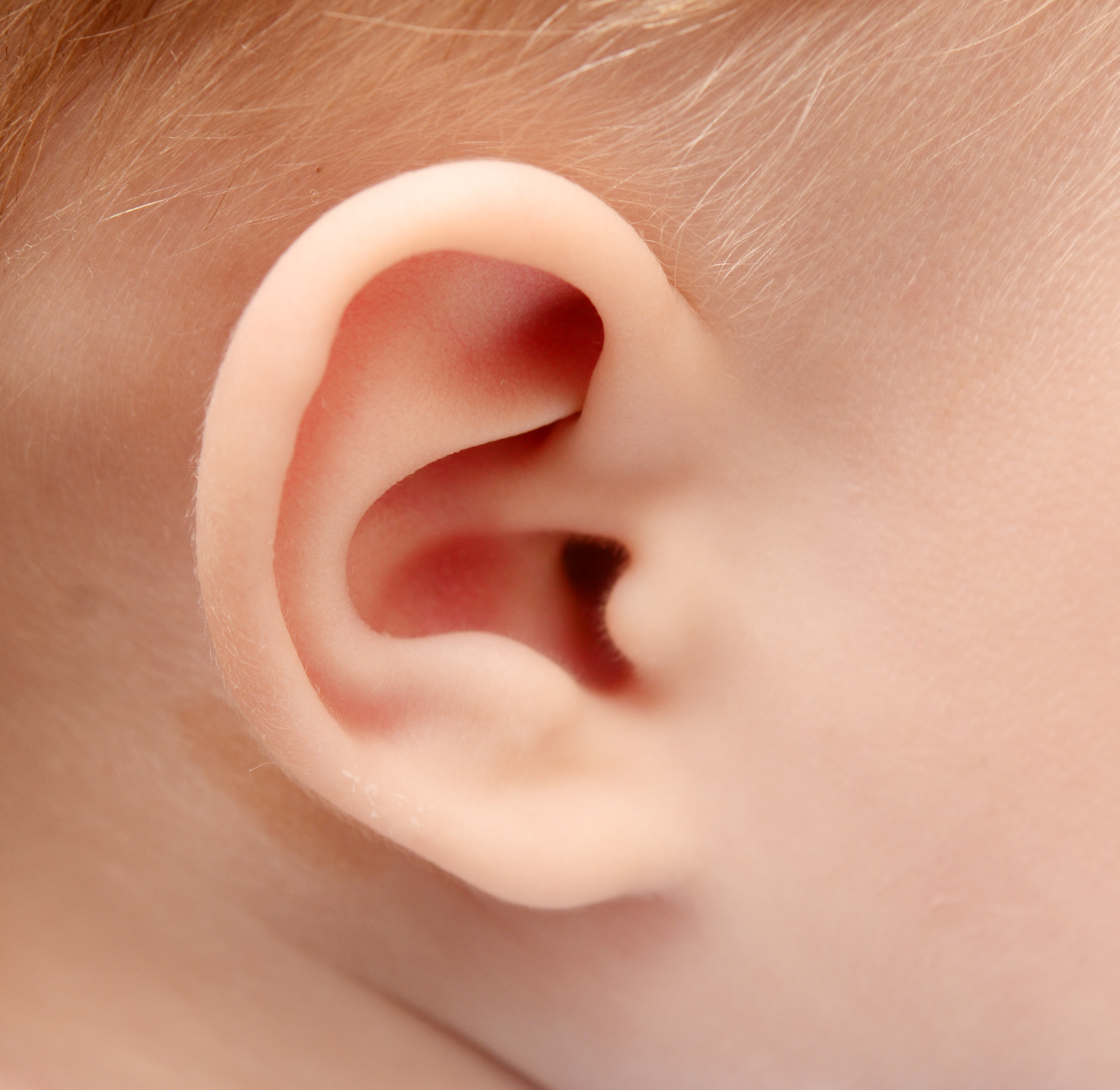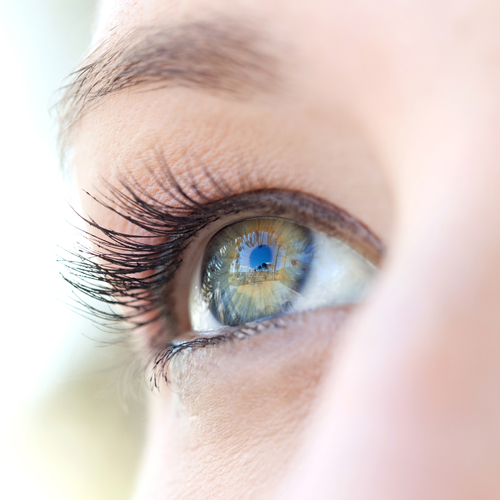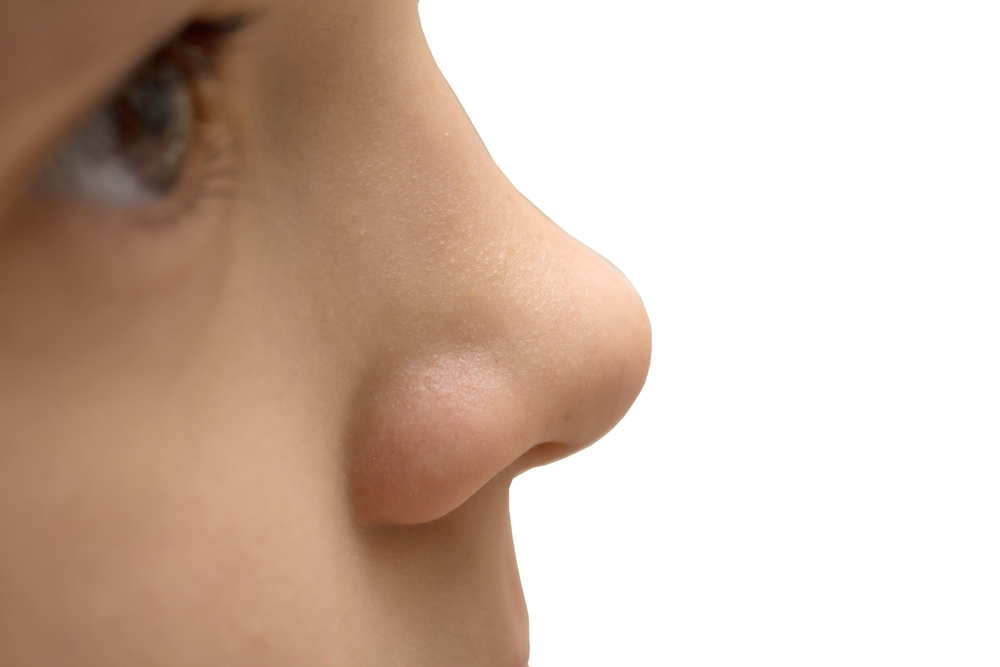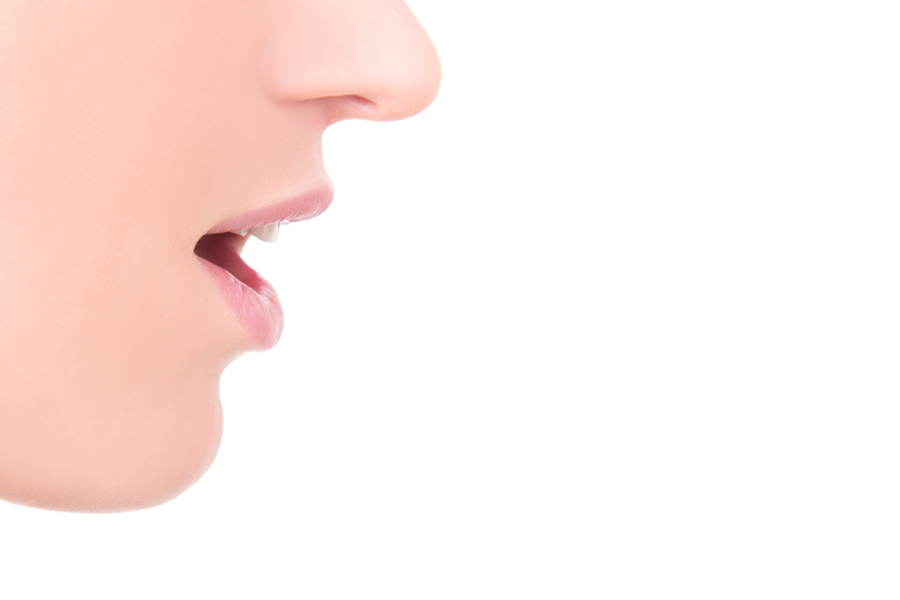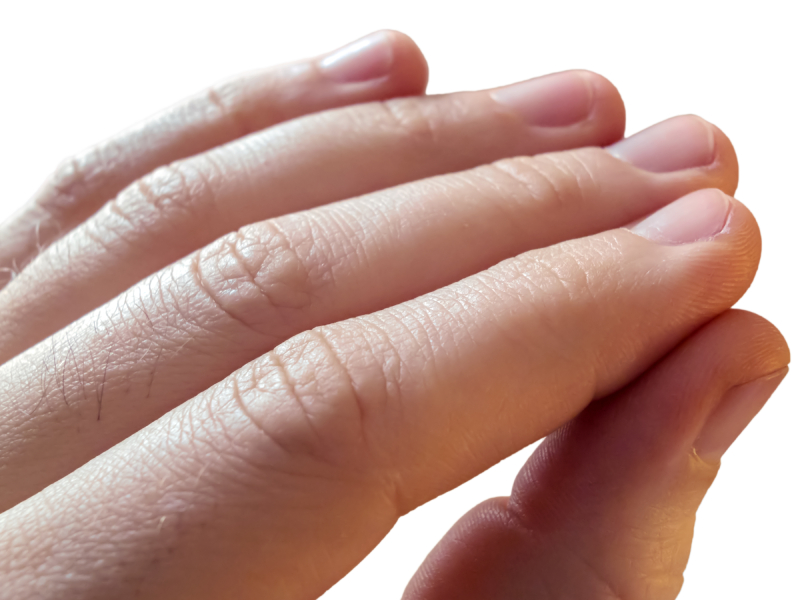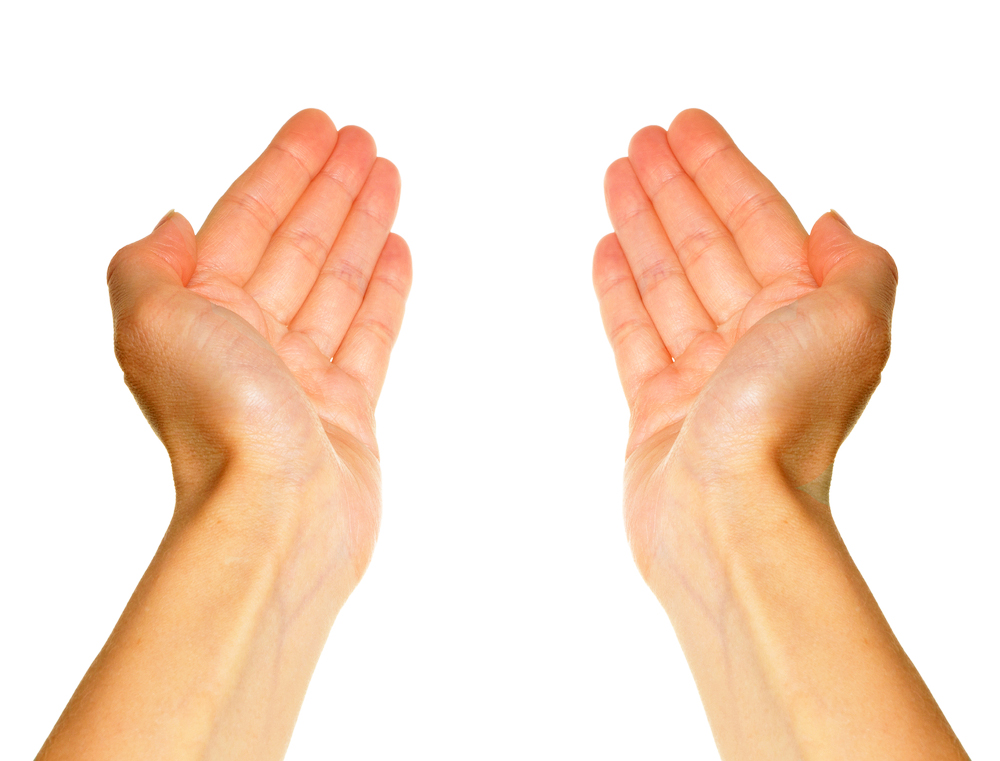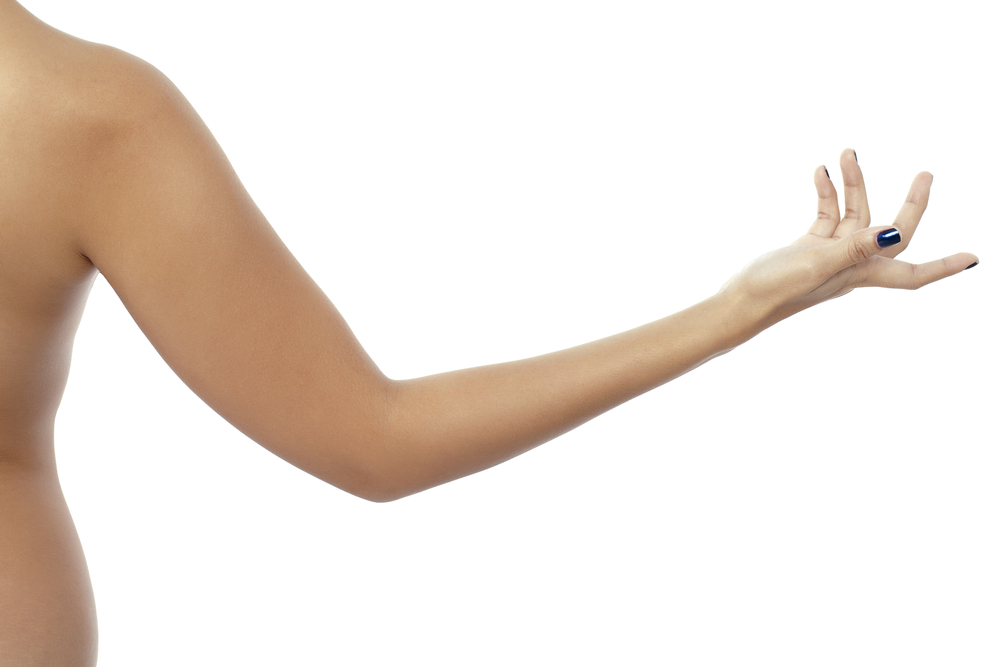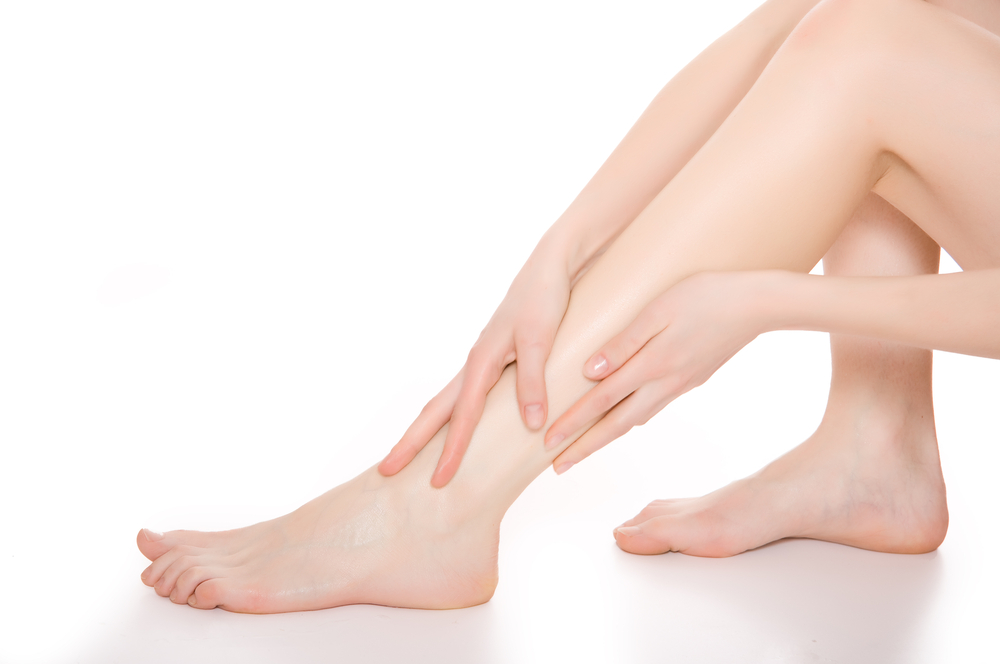
When you were very young you probably practiced the names of body parts in school or at home with the help of songs, rhythms or perhaps even some funny idioms.
J’ai de fourmis dans les jambes! (I’ve got ants in my legs!)
Excusez-moi? (Excuse me?)
Regardless of what language you decide to learn, there’s going to be a lot of vocabulary that you’re going to need to store in your memory bank. Any little memory tricks that you can pick up along the way to help you remember will certainly be beneficial.
Idioms are an excellent and entertaining tool to do just that.
Fortunately for you, there are a lot of funny and practical French idioms that include body parts.
So voila!
Here’s your vocabulary lesson on body parts in French and nearly two dozen French idioms to help you remember them—or at least make you giggle.
1. la tête (head)
Se creuser la tête
This idiom literally translates as “to dig in your head,” but actually means something more like “to rack your brain.”
Here’s how to use it:
Il se creusait la tête pour trouver des choses à dire. (He racked his brain for something to say.)
Garder la tête froide
Here’s an example of an idiom where the English translation exactly matches the French.
Garder la tête froide directly translates to “keep a cool head.”
Se payer la tête de quelqu’un
This phrase, which translate to “fooling someone’s head” means “to make a fool out of someone” or “to make fun of someone.”
For example:
Personne ne se paie la tête de Jean. (No one makes fun of Jean.)
2. la langue (tongue)
Avoir un cheveu sur la langue
Translated literally, this means “to have a hair on your tongue.”
What this idiom is directly referring to is someone who has a lisp.
Take care, though, when talking about hair!
Les cheveux (hair) is always plural in French, unless you’re referring to one single strand of hair.
So if you wanted to compliment someone on their hair, you’d use les cheveux. But if you were pulling a stray hair off someone’s jacket, you’d use un cheveu.
Avoir un cheveu sur la langue is an example of le cheveu being used to mean a single strand of hair.
Donner sa langue au chat
Can you guess what this one means?
Do you give up?
Je donne ma langue au chat is exactly what you’d say when you’ve been trying to guess something and want to give up.
It’s an unusual phrase that literally translates to “I give my tongue to the cat” in English.
Ne pas avoir la langue dans sa poche
Do you have a friend who’s a real-life Mrs. or Mr. Chatterbox?
This is exactly the phrase you’d use to describe someone who talks a lot!
It literally translates as “to not have your tongue in your pocket.”
The English version of this idiom is “to never be at a loss for words.”
3. l’oreille (ear)
Faire la sourde oreille
This idiom translates as “to make a deaf ear.”
It’s used when someone chooses not to listen or take any notice of something or someone.
In English we’d say “to turn a blind eye” in the same situation.
Dormir sur les deux oreilles
Imagine finally getting to sleep after a long, exhausting day.
The type of sleep that feels as if nothing could possibly wake you.
In French, that’s called dormir sur les deux oreilles, “to sleep on two ears.”
In English, we’d say “to sleep like a log” or “to sleep like a baby.”
Rebattre les oreilles
Do you know someone who won’t stop harping on about the same things over and over again?
That’s the perfect situation to use tu m’as suffisamment rebattu les oreilles avec ces histoires (you’ve beaten my ears enough with these stories).
4. l’œil (eye)
Mon œil!
Know someone who tells tall tales?
Use mon œil (my eye) when you want to show disbelief.
The English equivalent is “yeah right!”
À mes yeux
This one is pretty straightforward. Á mes yeux (to my eyes) simply means in my view, or in my opinion.
Sauter aux yeux
When something is blindingly obvious, French speakers say sauter aux yeux (it jumps to your eyes).
Here’s how to use sorter aux yeux in French:
Le bébé était fatigué, ça sautait aux yeux. (The baby was tired, that was obvious.)
5. le nez (nose)
Les doigts dans le nez
Have you ever had to do something so easy you could do it with your eyes closed, or with one hand behind your back?
If you described this type of action in French, you wouldn’t have your eyes closed. You’d have your fingers in your nose!
Just stick this idiom on the end of the sentence, like you’d say “with my eyes closed” or “piece of cake.”
Je l’ai fait, les doigts dans le nez. (I did it, fingers in my nose!)
Ne pas lever le nez
Use ne pas lever le nez (don’t lift your nose) is used when describing intense concentration.
6. la bouche (mouth)
Avoir l’eau à la bouche
This one’s also pretty literal. Having l’eau à la bouche (water in the mouth) simply means “to drool over something.”
Une bouchée de pain
“A mouthful of bread” might not sound much like an idiom. But when you use it to describe something that’s cheap as bread is in France, it is!
This equates to the English phrase “next to nothing” and you only use it when talking about the cost of something.
Example:
Je l’ai acheté pour une bouchée de pain. (I bought it for a mouthful of bread.)
7. les doigts (fingers)
Se mettre le doigt dans l’œil
Putting your finger in your eye doesn’t sound fun, does it?
It’s definitely not something you’d do on purpose!
Which is why French people say se mettre le doigt dans l’œil (to put your finger in your eye) to describe being wrong about something.
In English, you might say someone “has it all wrong” or “is barking up the wrong tree.”
8. les mains (hands)
Avoir le coeur sur la main
Although “to have the heart on the hand” might sound similar to the English idiom “to wear your heart on your sleeve,” it actually describes someone who’s generous, affectionate or big-hearted.
Prendre son courage à des mains
Before doing something daunting or unnerving, most people need to prendre son courage à deux mains.
This basically means “to grasp their courage with both hands.”
9. le bras (arm)
Avoir le bras long
If someone a le bras long (has a long arm), it means they’re well-connected and have a good social and or professional network.
They might have long arms too, but that’s not quite what this phrase is used for!
Coûter un bras
Here’s another phrase that’s pretty similar to the English idiom.
Coûter un bras (to cost an arm) is simply the French equivalent of “to cost an arm and a leg.”
10. la jambe (leg)
Prendre ses jambes à son cou
In a scenario where you need to run for your life, the French idiom prendre ses jambes à son cou will do the trick!
Literally translating as “to take to one’s legs,” it has a similar meaning in English as “to run for your life.”
Ça me fait une belle jambe
This is a sarcastic phrase you say when something that would’ve been useful happens after the fact.
If you missed the bus and were late to meet a friend, and then when you finally got there, they told you about another bus that you could have caught, you might say, ça me fait une belle jambe!
For comparison, the English version is “well, that’ll do me a fat lot of good!”
When you make learning a language fun, you’re more likely to remember what you learn! Learning body parts in French alongside some French idioms is a fun and funny way to tackle this vocabulary theme.
Don’t you think?



